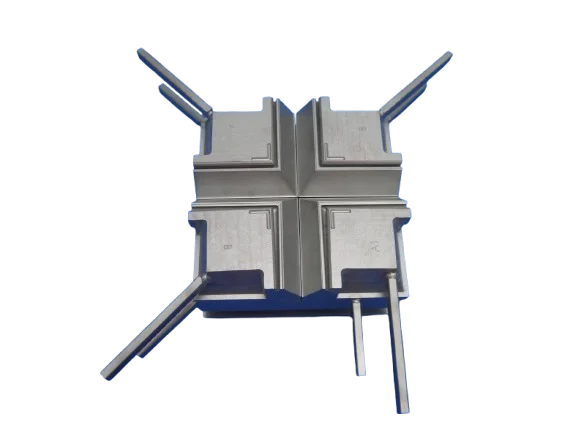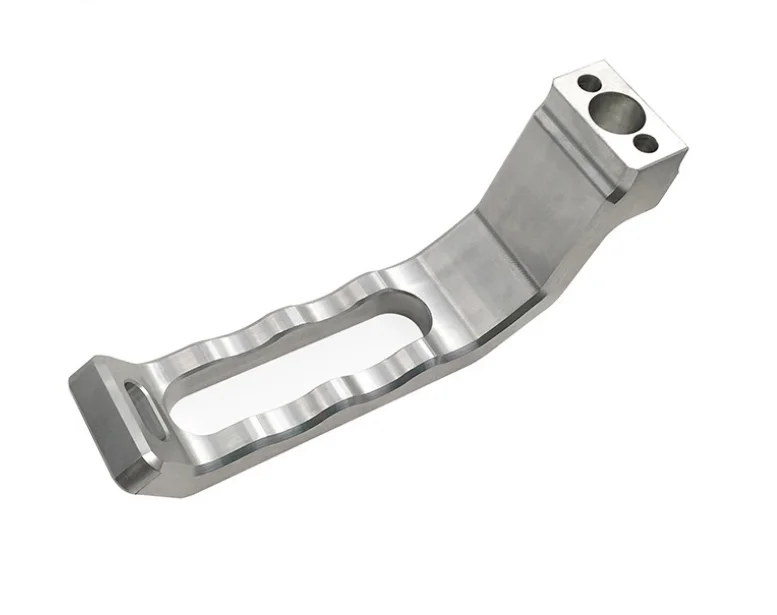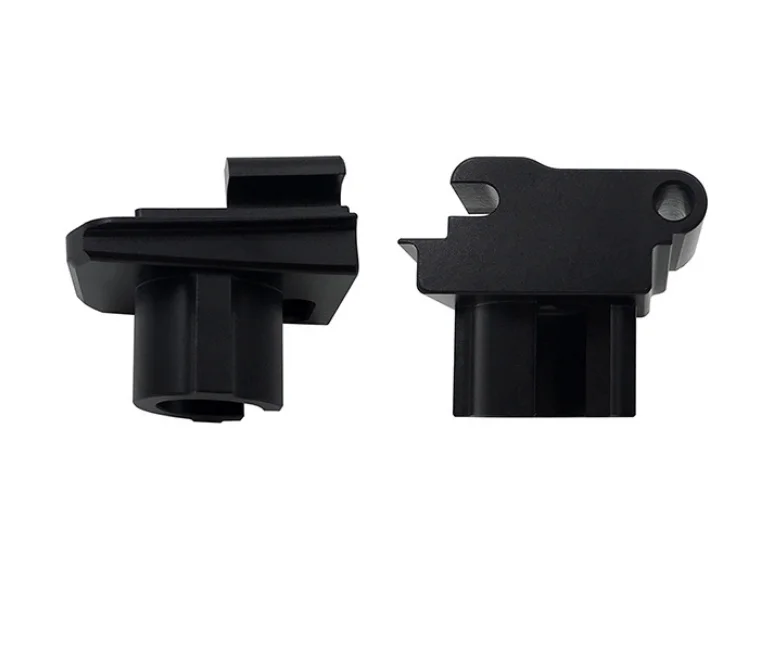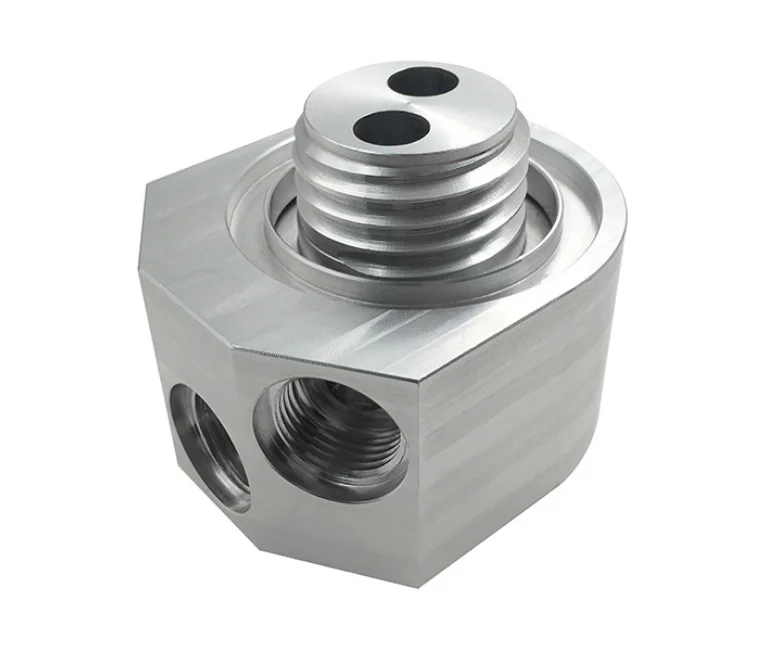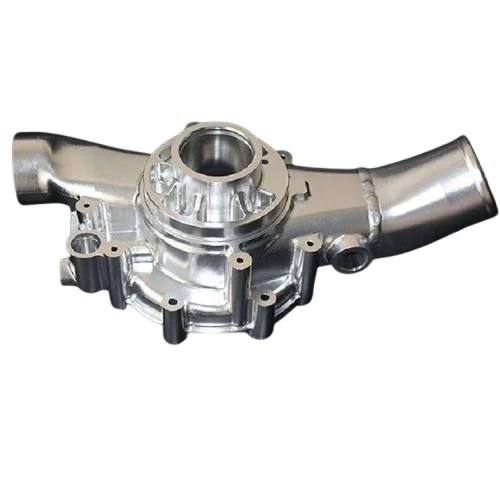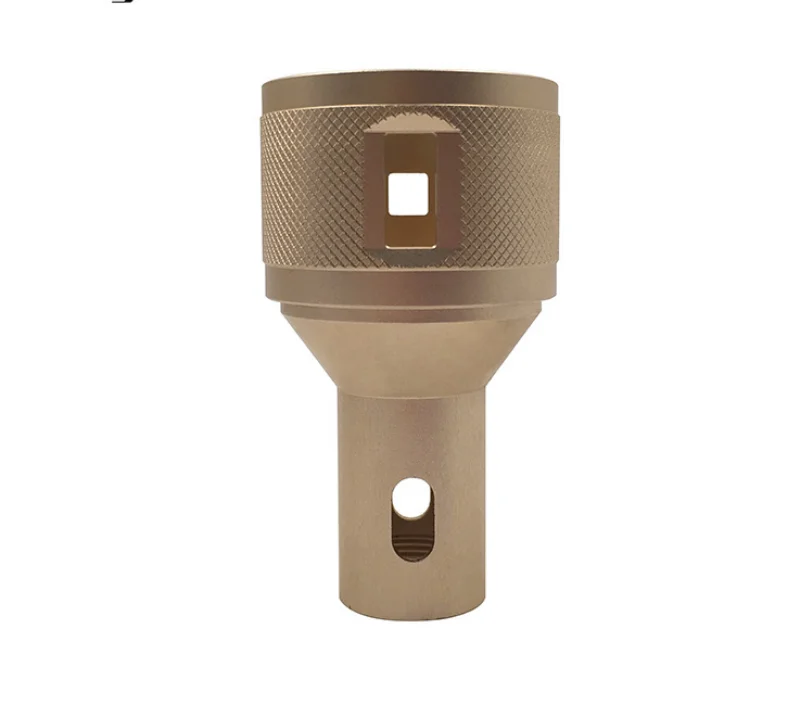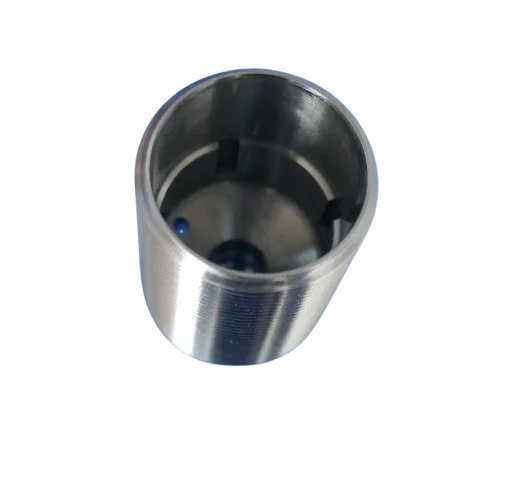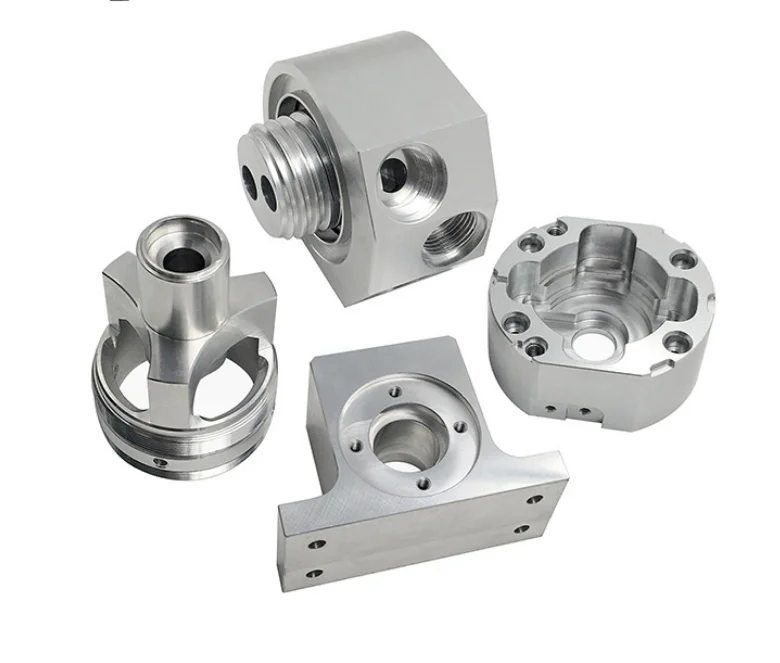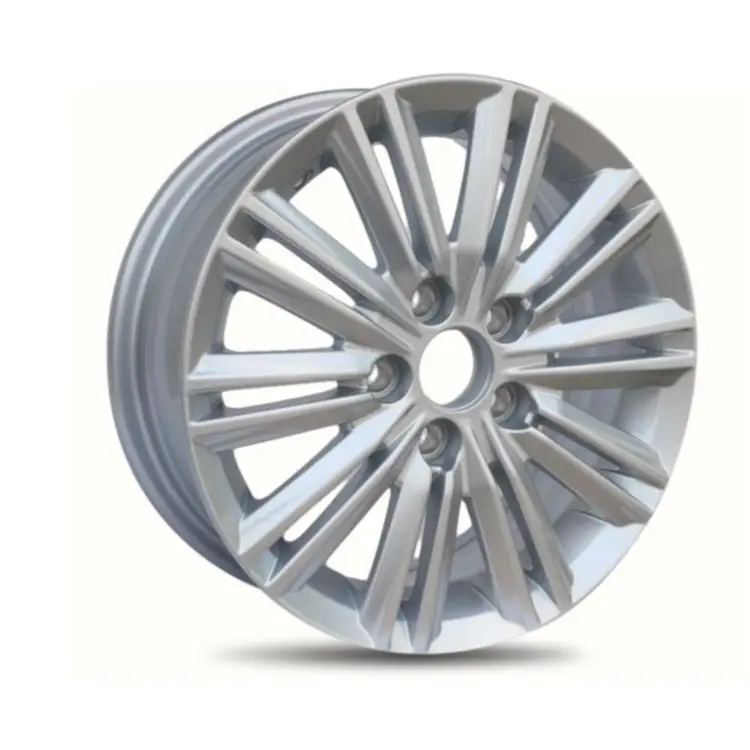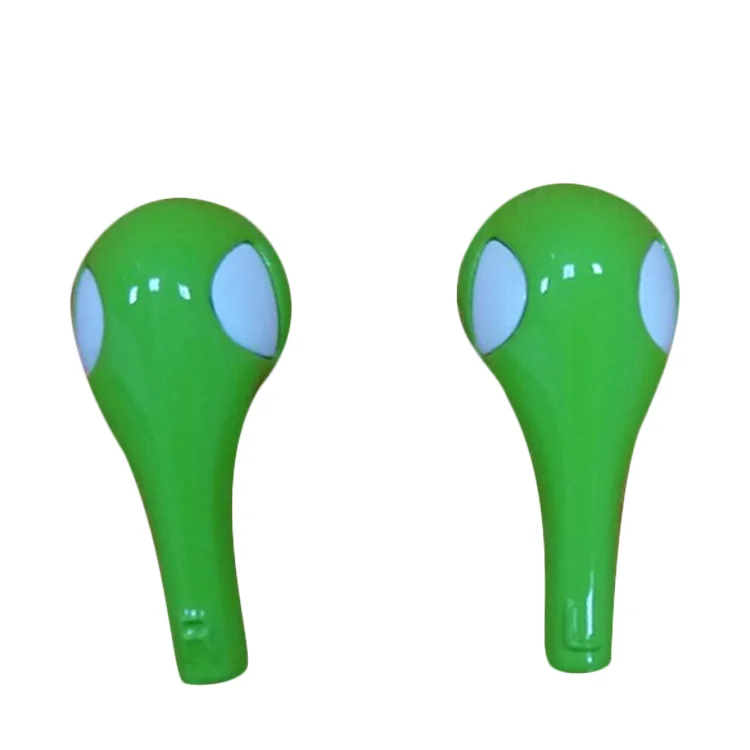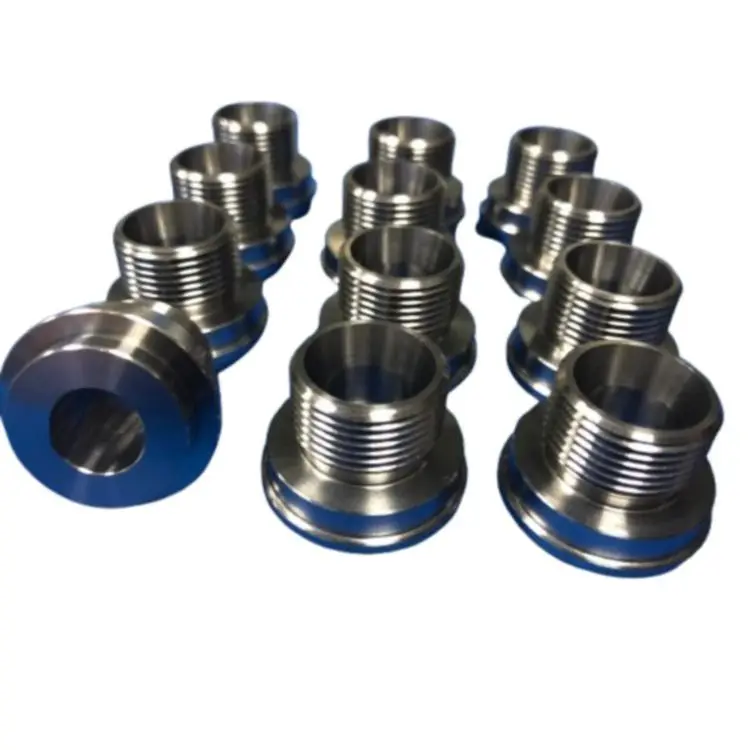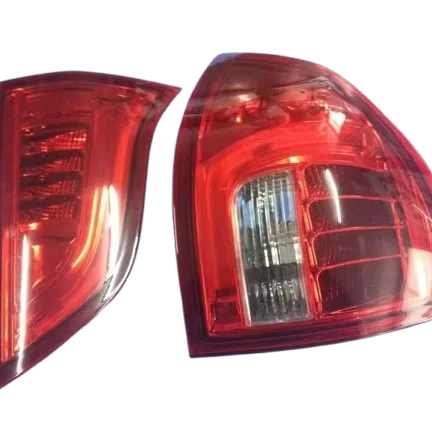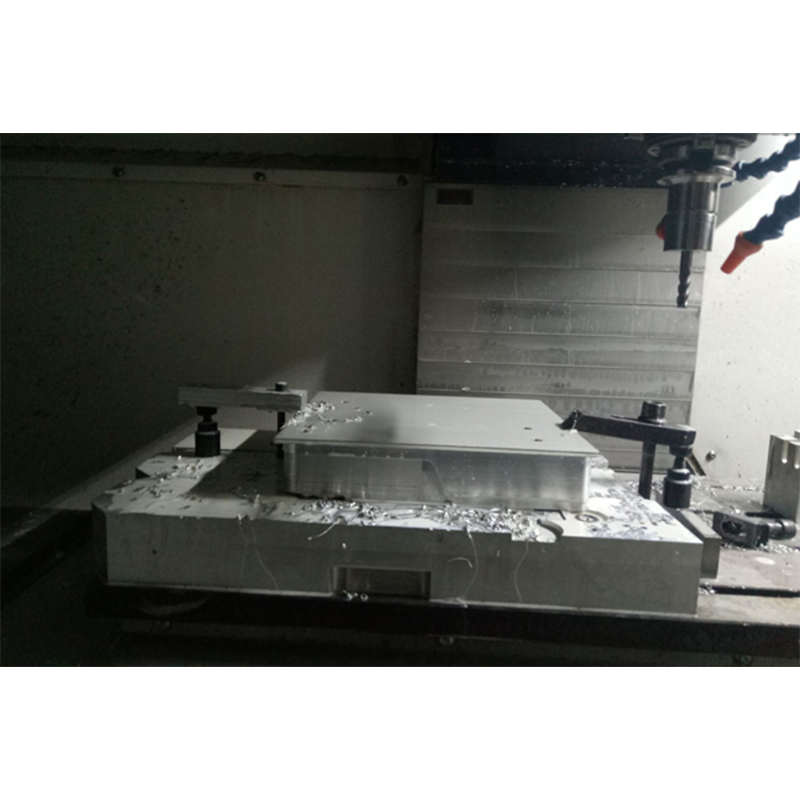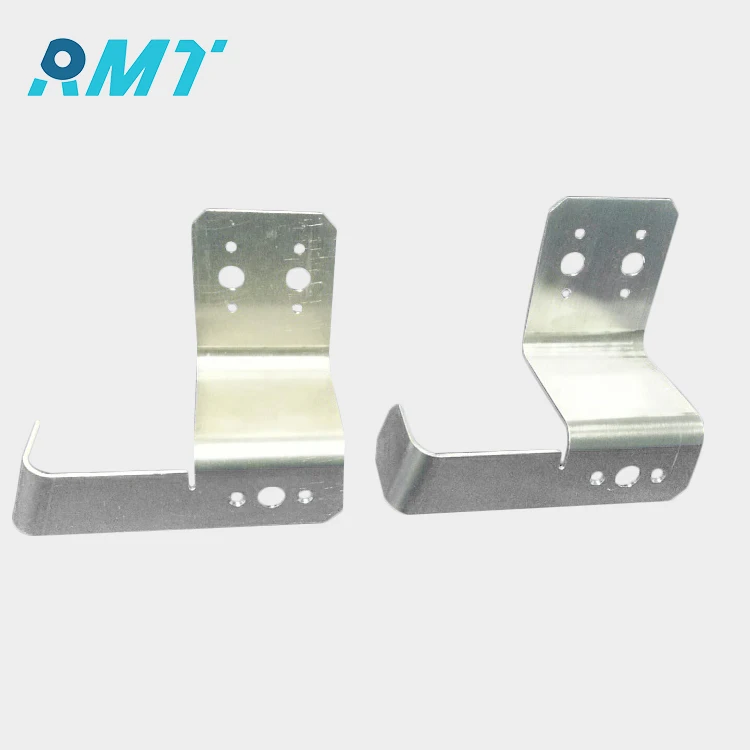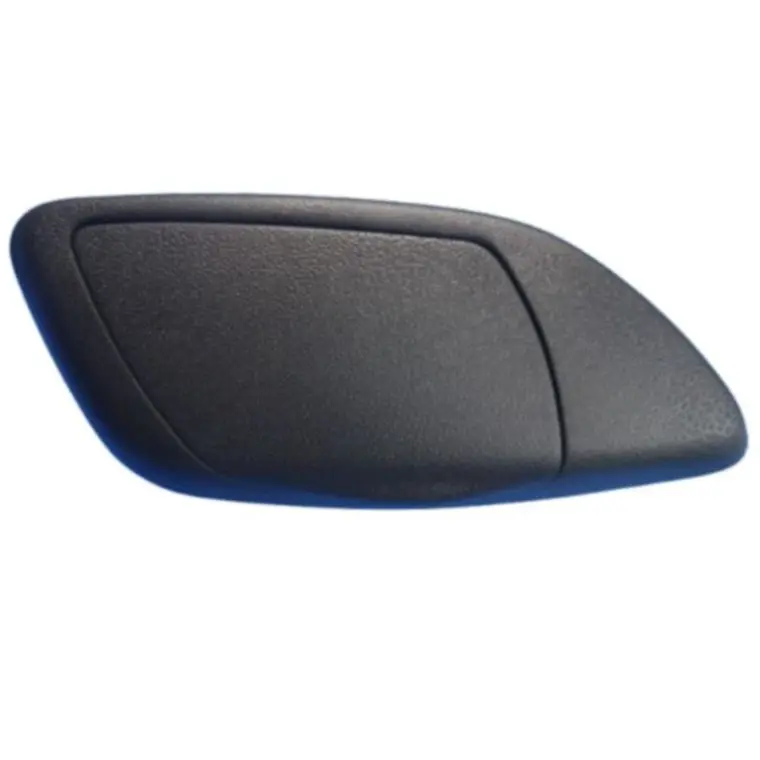Effective Strategies for Parts Manufacturing in the 21st Century
Advanced CNC Machining and Sheet Metal Fabrication Strategies
Multi-Axis Precision Machining for Complex Geometries
Multi-axis CNC machining has revolutionized the way intricate designs are produced in manufacturing by utilizing machinery that operates on multiple axes simultaneously. This capability allows for the creation of detailed and complex shapes, which are essential in today’s advanced manufacturing landscape. By reducing the need for multiple setups and tool changes, multi-axis machining can significantly decrease downtime, enhancing overall productivity. This is particularly beneficial in industries such as aerospace and automotive, where the demand for high precision and intricate component designs is paramount. For instance, a 5-axis CNC machine can achieve complex geometries where simpler machines would require additional steps, potentially reducing efficiency and increasing the possibility of errors.
High-Tolerance Sheet Metal Fabrication Techniques
High-tolerance sheet metal fabrication techniques are critical in industries where precision is directly tied to performance, such as electronics and automotive. Methods like laser cutting and advanced stamping are employed to meet stringent specifications with minimal deviations. Laser cutting, for example, offers unparalleled precision, making it possible to achieve high tolerance levels necessary for critical components. Moreover, integrating quality assurance processes ensures the consistency and reliability of these high-tolerance parts, aligning with industry standards. Such rigorous techniques are indispensable in ensuring that the components function optimally under various conditions, and maintaining adherence to tight manufacturing tolerances is key to meeting production demands.
Material Optimization for Aerospace & Automotive Applications
Material optimization is a strategic approach in aerospace and automotive manufacturing aimed at enhancing performance and reducing weight. By selecting suitable materials, such as advanced alloys and composites, manufacturers can significantly improve the strength-to-weight ratios of components, which can lead to enhanced fuel efficiency. For instance, incorporating lightweight yet strong materials can result in vehicles that require less energy to operate, benefiting both performance and sustainability. Additionally, utilizing analytics to assess material performance allows manufacturers to streamline their production processes further and ensure that environmentally sustainable practices are observed. This approach not only supports the efficiency and efficacy of production but also contributes positively to the ongoing sustainability efforts within these sectors.## Smart Production Optimization in Automotive Manufacturing
AI-Powered Predictive Maintenance Implementation
AI-driven predictive maintenance is revolutionizing the automotive manufacturing industry by utilizing real-time data analytics to preemptively detect equipment failures, thereby minimizing downtime. This approach leverages machine learning algorithms to scrutinize historical performance data, enabling manufacturers to devise optimum maintenance schedules. Such predictive capabilities foster higher reliability and cost savings, paving the way for enhanced productivity in this fiercely competitive sector. A study from Aberdeen suggests that unplanned downtime can cost businesses an average of $260,000 per hour — showcasing the significant financial impact of implementing AI-powered solutions.
Supply Chain Integration for Just-in-Time Parts Production
Effective supply chain integration is pivotal for Just-in-Time (JIT) manufacturing, which aims to reduce excess inventory by synchronizing supply chain processes with production schedules. This integration demands streamlined communication between suppliers and manufacturers, fostering agility and the ability to promptly respond to fluctuating market demands. For instance, a real-time data exchange between factories and suppliers can facilitate quicker adjustments in production schedules, thereby ensuring seamless inventory turnover and superior operational efficiency. Technologies like ERP systems play a vital role in supporting these integrations, further optimizing parts production.
Surface Preparation Standards for Reliable Adhesion
Adhering to stringent surface preparation standards is crucial for ensuring the reliable adhesion of coatings and finishes to automotive components, directly influencing their safety and longevity. Proper surface preparation deters failures in bonding, painting, or etching processes that can compromise component integrity. Investments in advanced surface treatment technologies enhance adhesion properties, ensuring that parts can withstand the rigors of automotive performance requirements. According to industry best practices, effective surface preparation is paramount in achieving consistent product quality and reliability in automotive manufacturing.
RMT's Cutting-Edge Manufacturing Solutions
5-Axis CNC Milling for Miniature Precision Components
5-axis CNC milling is revolutionizing the production of miniature components with its ability to create highly precise and complex geometries. This advanced technology is especially beneficial in industries like electronics, where intricate designs are the norm. By minimizing tool changes and re-fixturing, 5-axis milling maximizes efficiency and accuracy, making it ideal for both prototyping and low-volume production runs. The integration of advanced CNC machining techniques streamlines processes, facilitating the manufacture of components that meet exact specifications.
High-Strength Aluminum Alloy Turning Services
Turning services utilizing high-strength aluminum alloys offer lightweight and robust solutions crucial for modern engineering applications. In the automotive industry, for instance, employing these materials contributes to improved fuel efficiency by reducing vehicle weight without compromising durability. Advanced turning techniques enhance the ability to meet tight tolerances and accommodate intricate designs, resulting in components that are both functional and aesthetically pleasing. Such innovations are critical to maintaining competitiveness in demanding sectors.
Black Oxide-Treated 3/5-Axis Machined Parts
Black oxide treatment significantly improves the corrosion resistance and visual appeal of machined parts, making them suitable for various demanding applications. This finishing process boosts surface hardness and enhances lubricity, which extends the lifespan of components and provides additional protection in harsh environments. When applied to 3/5-axis machined parts, it not only increases the durability of components but also adds to their aesthetic quality, making it a sought-after solution for industries requiring both robustness and visual appeal.
Natural Color Oxidation CNC Window Components
Natural color oxidation, achieved through an electrolytic process, offers window components a protective layer that is both aesthetically appealing and functional. This environmentally friendly process enhances the durability of components, making them ideal for use in buildings and vehicles where they must meet rigorous architectural standards. The precise machining offered by CNC technology ensures these components are produced to the exact specifications required by various industries, providing both visual and structural advantages.
Cavity Parts Production with Multi-Axis Milling
Multi-axis milling is instrumental in producing cavity parts with intricate designs and complex geometries that traditional machining methods may struggle to achieve. This flexibility in design capability is crucial for high-performance applications requiring precision and refinement. Multi-axis milling allows for adaptable production runs, optimizing both time and resources, making it an efficient choice for industries demanding exacting standards in component production.
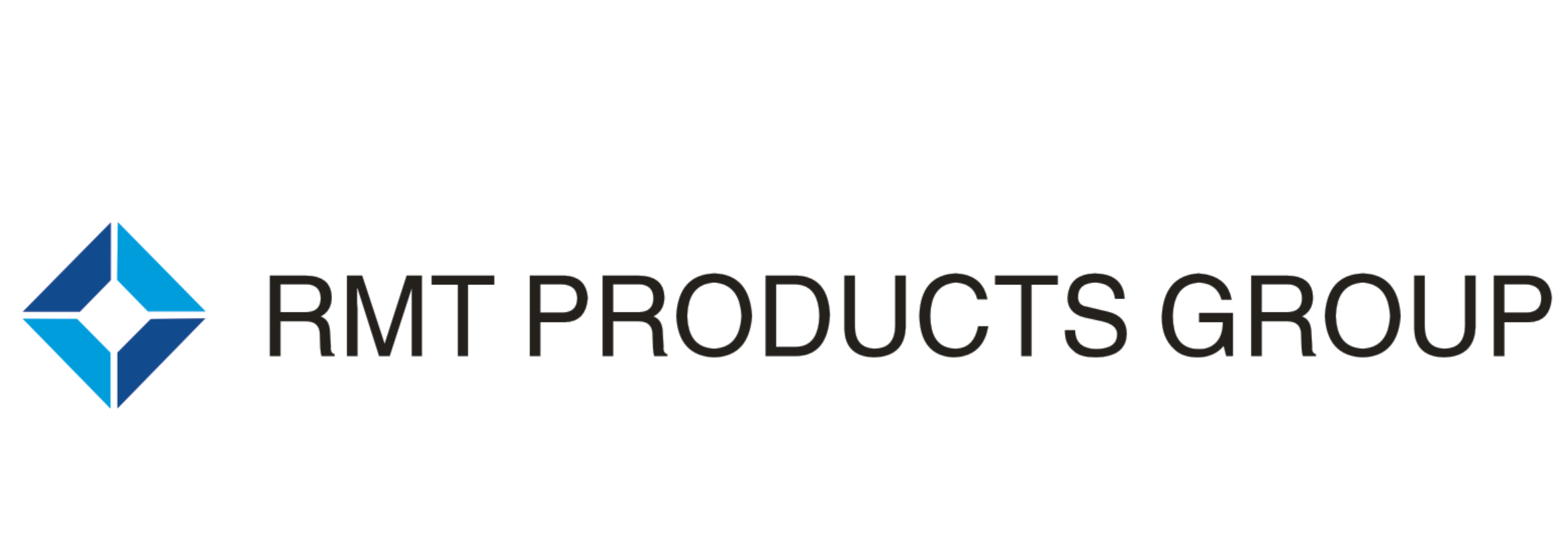
 EN
EN
 AR
AR
 BG
BG
 HR
HR
 CS
CS
 DA
DA
 NL
NL
 FI
FI
 FR
FR
 DE
DE
 EL
EL
 IT
IT
 JA
JA
 KO
KO
 NO
NO
 PL
PL
 PT
PT
 RO
RO
 RU
RU
 ES
ES
 SV
SV
 IW
IW
 LV
LV
 SR
SR
 SK
SK
 UK
UK
 GL
GL
 HU
HU
 TH
TH
 TR
TR
 FA
FA
 GA
GA
 CY
CY
 EU
EU
 BN
BN
 BS
BS
 LA
LA
 NE
NE
 SO
SO
 KK
KK
